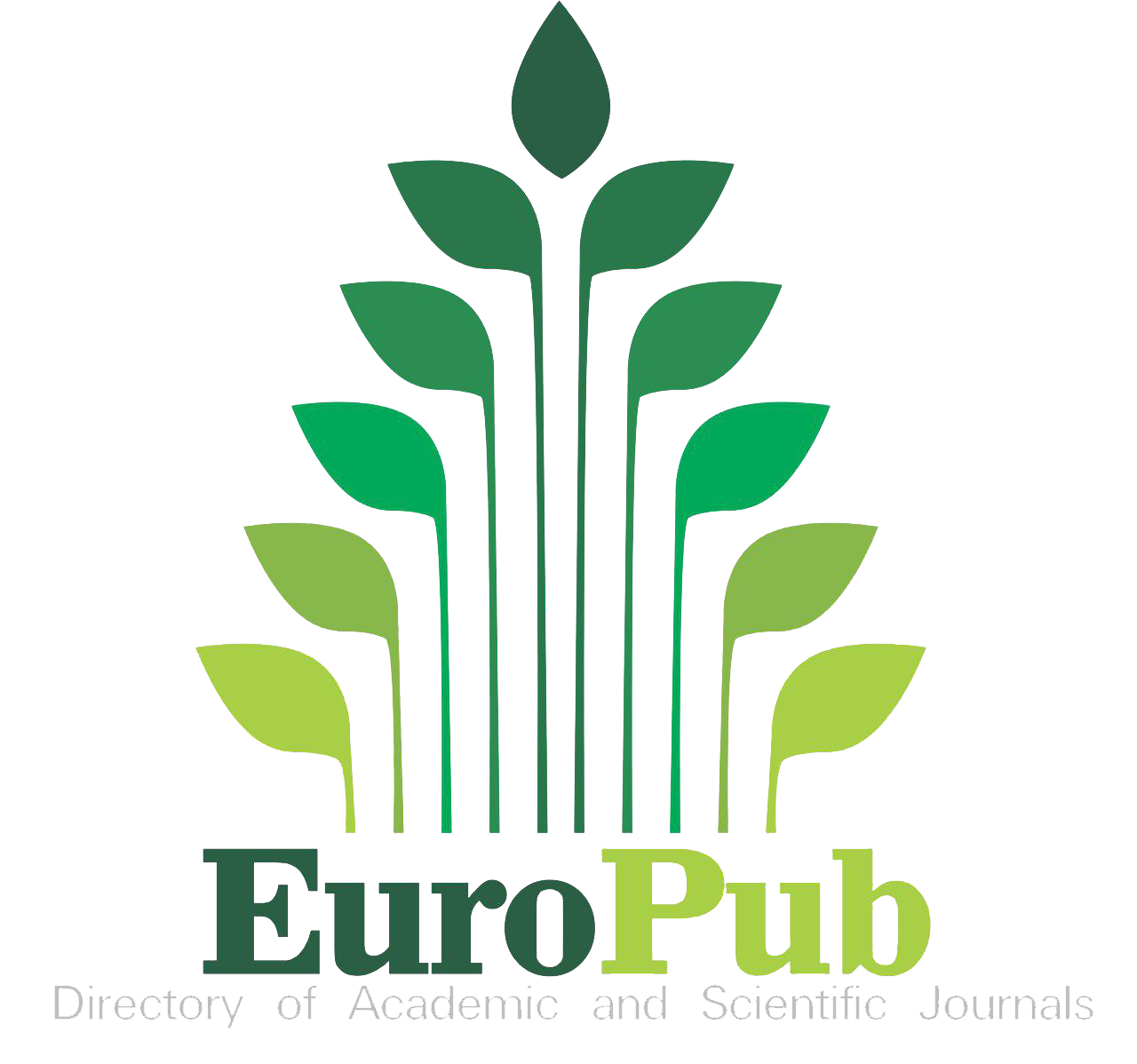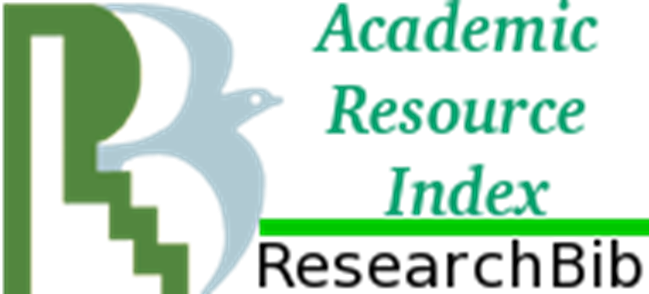Paradigm shifts in peer feedback within learning-oriented language assessment
Keywords:
language assessment, learning-oriented assessment, peer feedback, paradigm shiftAbstract
In the development of language assessment in higher education, assessment criteria and tasks have diversified immensely. There has been an increasing acceptance of the importance of learning-oriented assessment (LOA) in facilitating the development of students’ potential for effective learning. With the three key principles of learning-oriented assessment processes, namely learning-oriented assessment tasks, development of evaluative expertise, and student engagement with feedback, assessment researchers and frontline teachers could be better equipped with theoretical knowledge to confront the challenges proposed by technology-mediated language assessment. Peer feedback, as one of the central components of LOA, has been heavily researched in recent decades. In this conceptual article, we attempt to outline three major paradigm shifts in peer feedback, as a crucial form of student participation in feedback activities, from monologue to dialogue, from passive to proactive engagement, and from self-regulation to co-regulation and socially shared regulation, through a review of previous research. The aim is to promote the recognition of peer feedback in facilitating dialogue, proactive engagement and regulating learning among researchers and teachers, and, in turn, to better motivate learners to undertake high levels of cognitive involvement not only in the process of language assessment, but also in the explorations of lifelong learning.









 c/o Secretary: Dr. Zarina Othman,
c/o Secretary: Dr. Zarina Othman,